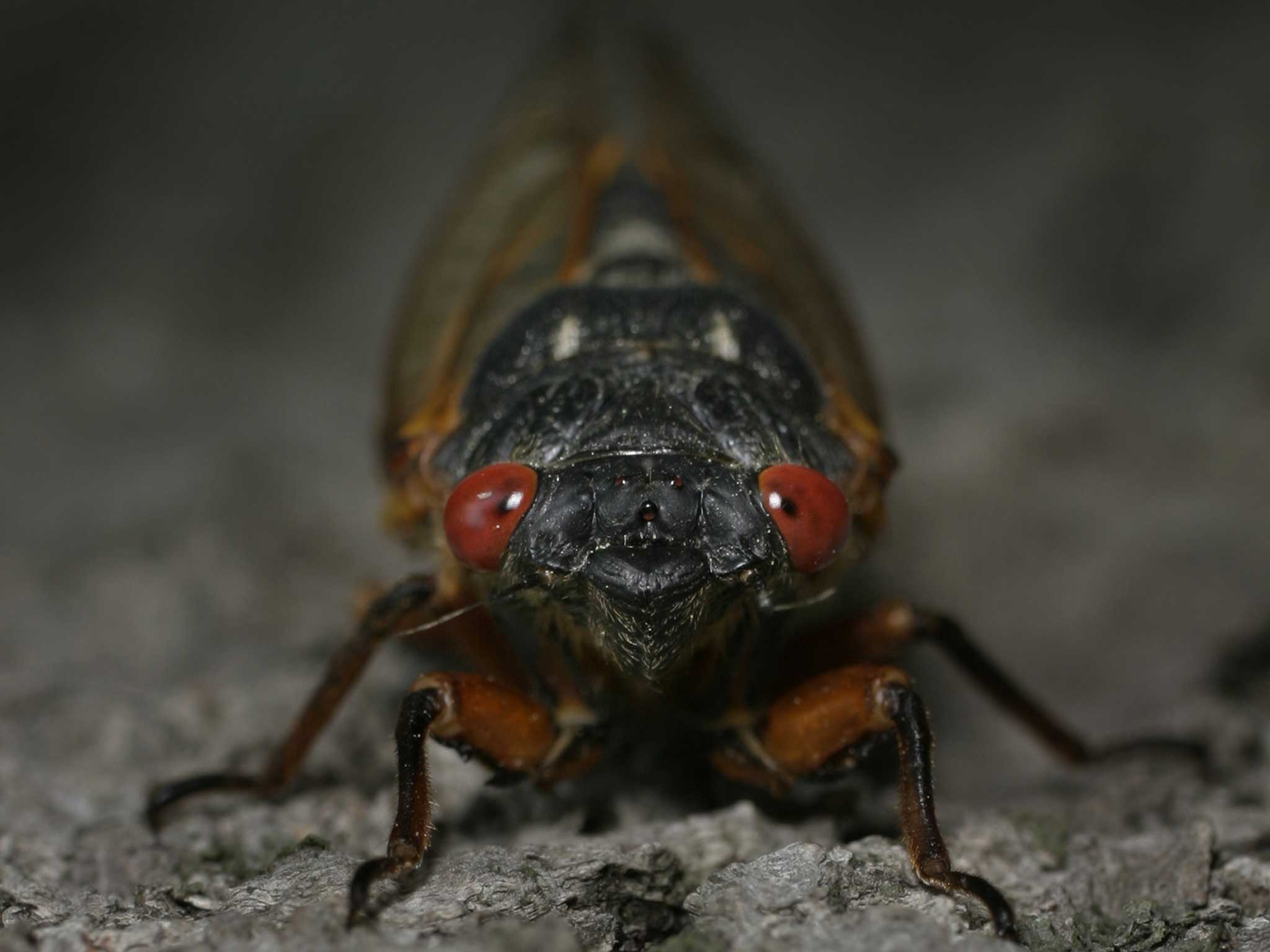Americans warned to stop eating cicadas if they’re allergic to shellfish
Brood X cicadas are surfacing from their 17 years underground

The Food and Drug Association has warned those with a shellfish allergy to refrain from eating cicadas.
Trillions of Brood X cicadas are currently surfacing from their 17 years underground. They are all sorts of types of cicadas, but this particular one is believed to the rarest.
Due to the vast amount, some have taken the opportunity to share recipes enjoying the rare insect. However, the FDA have now put out the unusual warning.
In the tweet on their official page, they wrote, “Yep! We have to say it! Don’t eat cicadas if you’re allergic to seafood as these insects share a family relation to shrimp and lobsters.”
David Stukus, from the Asthma and Allergy Foundation of America said there was no proven connection, but the advice was given to be cautionary.
“There’s no good clinical research evaluating the risk of ingesting cicadas for people with shellfish allergies,” he told The Washington Post, “so we are extrapolating.”
He went to to explain that shellfish allergy sufferers are triggered by a protein called ‘tropomyosin’, which is present in both shellfish and certain insects, including dust mites, another common allergen.
The Washington Post also cited a U.N Food & Agriculture report that stated; “Individuals already allergic to crustaceans are particularly vulnerable to developing allergic reactions to edible insects, due to allergen cross-reactivity,”
According to the Food Allergy Research Association, roughly two per cent of the U.S population have an allergy to shellfish. The American College of Allergy, Asthma and Immunology list common reactions as vomiting, shortness of breath, tightness in throat, hives and blue skin coloring and among other conditions.
Cicadas arrived in May and are currently out in areas such as New York, Washington, DC. Virginia, among other east coast locations in the U.S.
Some perceive the swarms to be nothing but pests as they are loud and often travel in packs. One outdoor dining venue in the nation’s capital closed its doors because they thought they would be such a nuisance to customers.
However, some top chefs have begun a trend of creating dishes out cicadas, due to their abundance. Chef Xavier DeShayes even said to NPR host Michael Martin that they were “protein of of the future” on the All Things Considered podcast.
“Insect is going to be the protein of the future. You know, insect farming is very sustainable when you compare to cows or any other animal farming, you know - less fossil energy, less water, less space, less food, you know what I mean? So when you look at it on the end, insect farming has every way of being profitable,” he said on the broadcast.
Cicadas are believed to begin to disappear when the weather starts to get dry in the summer, so experts estimate that they will start to vanish by July.
Join our commenting forum
Join thought-provoking conversations, follow other Independent readers and see their replies
Comments
Bookmark popover
Removed from bookmarks